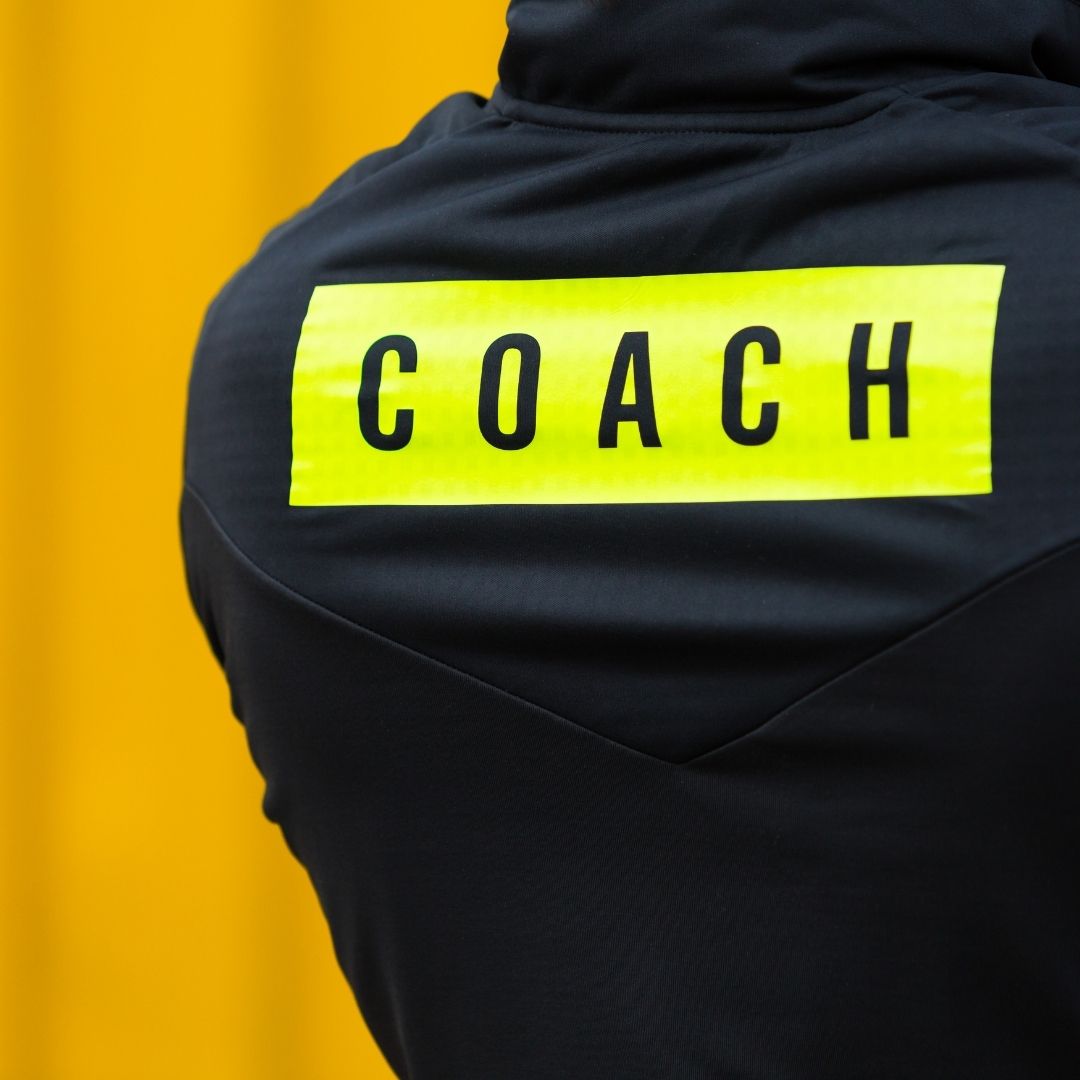Even at an early age, students begin to ask the legitimate question, “Why are we learning this?” By the time a student reaches high school, they have likely perfected asking this question.
For learning to be meaningful, there must be some type of end in mind that is compelling enough to invest the time and effort that goes into study. Unfortunately, too often the justification given to students--especially high schoolers--is that they will need it to pass a test, or get into college, or to be successful in their future career. Those types of reason may have some truth to them, but they are ultimately not satisfying for someone who believes in a transcendent order to the world.
To the Christian, there is more to learning than the apprehension of a vast collection of information. Otherwise, education would produce only technocrats, people who possess a huge amount of knowledge but can use it to solve only technical problems. In that situation, the world would become less human, less meaningful, and less aware of the profundity of the universe. For those who believe that Christ “fills everything in every way,” (Ephesians 1:23) there has to be a deeper purpose to learning about those things that His presence fills.
Instead of technocrats, students ought to be taught to be vocationalists; that is, people who learn to recognize their vocational calling and how to fulfill it. When we refer to vocation, we are not speaking narrowly about their future job or career, but rather something much larger in scope. A vocation is a calling to an arena of life in which a person’s great passions, interests and skills meet the world’s great needs. That often includes the types of things we typically think of when we speak of a career, but it can be more than that.
Steven Garber is the former Professor of Marketplace Theology and Leadership at Regent University in Vancouver, Canada. He has produced a lot of thought and research on this topic. In his book Visions of Vocation: Common Grace for the Common Good, Garber speaks of the importance of education in producing a love for the world in spite of knowing the world. He calls for a “come and see” pedagogy that is found in the Gospels. He suggests that the most important and difficult task of teaching is to show the student the deep pain and brokenness of the world, and yet to instill a deep love for the world. Once a student is able to see the deep brokenness of the world and still hold a deep love for it, then they can open themselves to the possibility that they can bring a unique element of healing and wholeness. A student’s vocation resides at that intersection. An education’s purpose is to bring the student to that place, equipped with a growing sense that their purpose is to be there and use all that they have learned to bring God’s common grace for the common good.
/Logos/Horizontal%20Academic%20Logo%20for%20Light%20Backgrounds.png)
/Logos/Horizontal%20Academic%20Logo%20for%20Dark%20Backgrounds.png)



